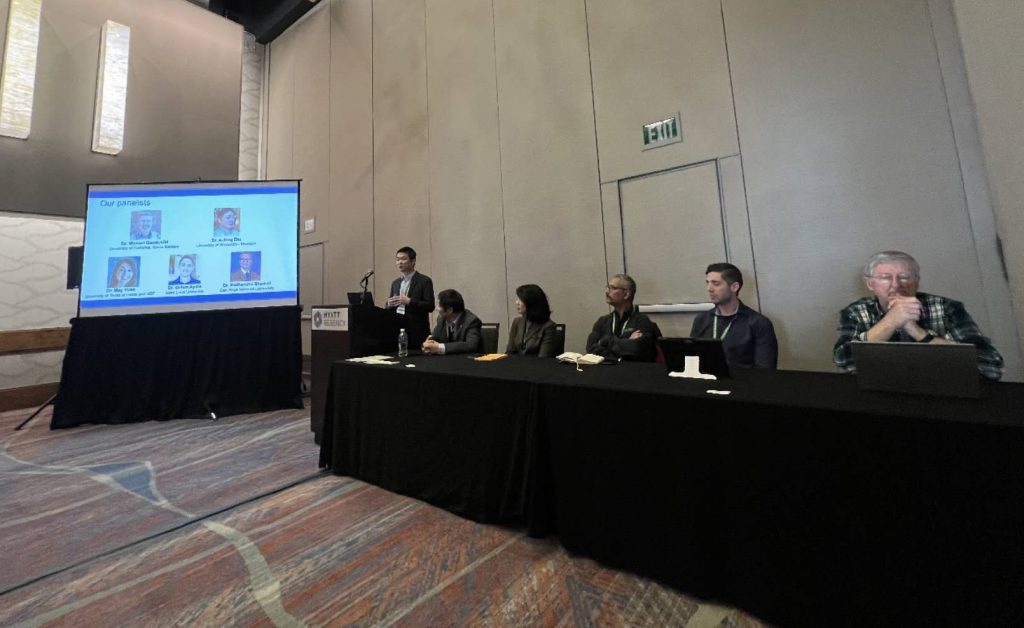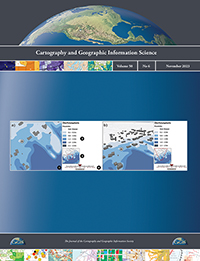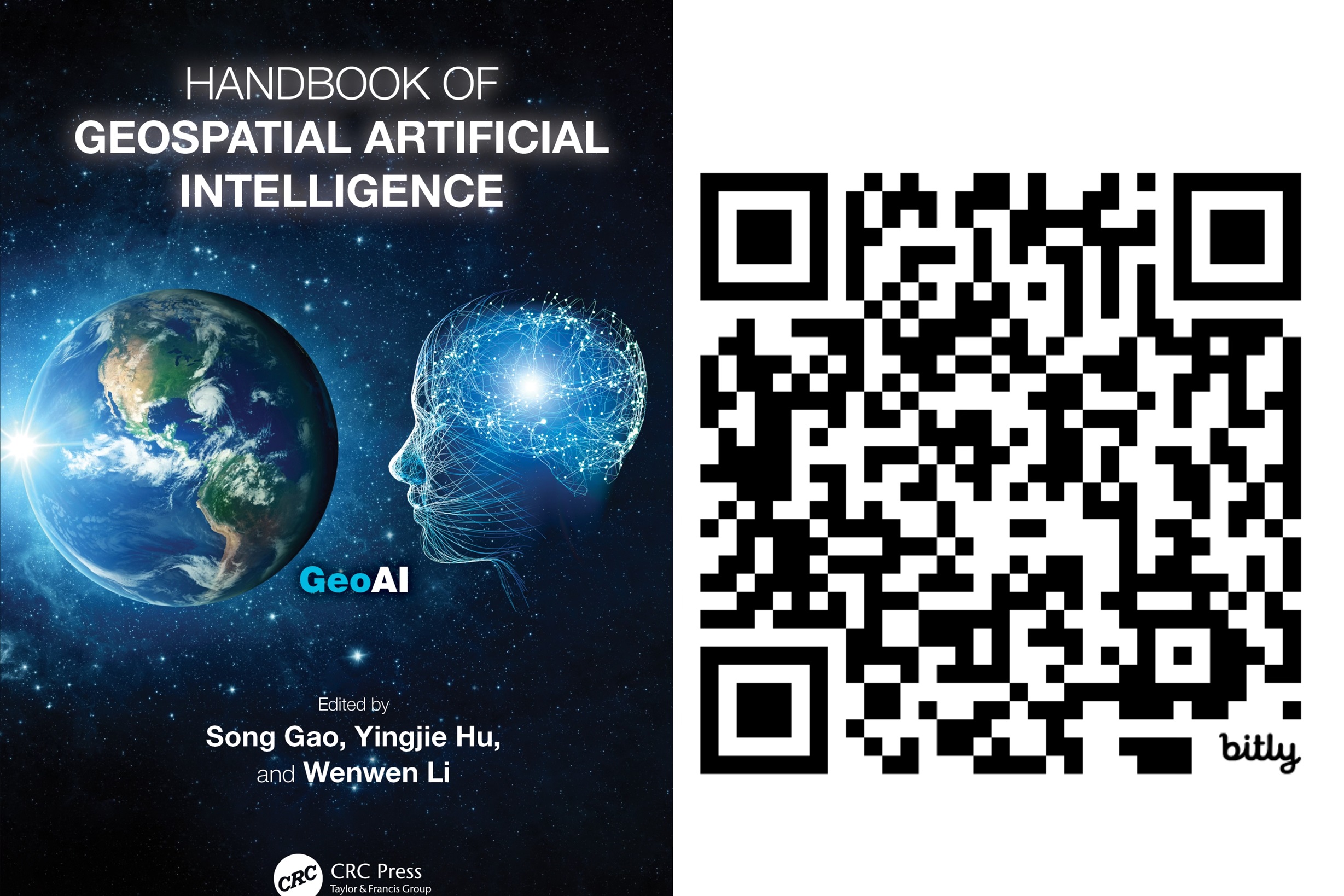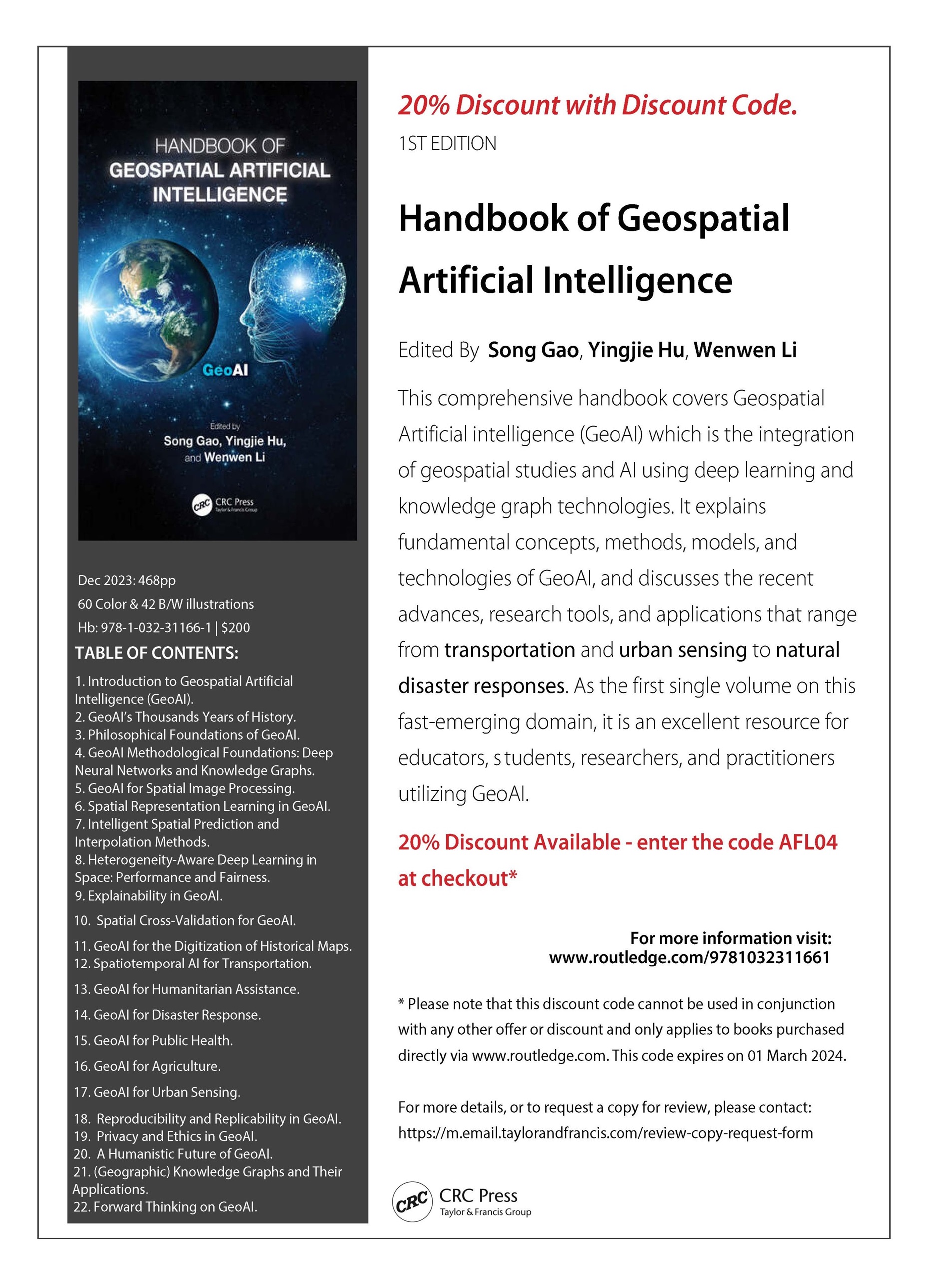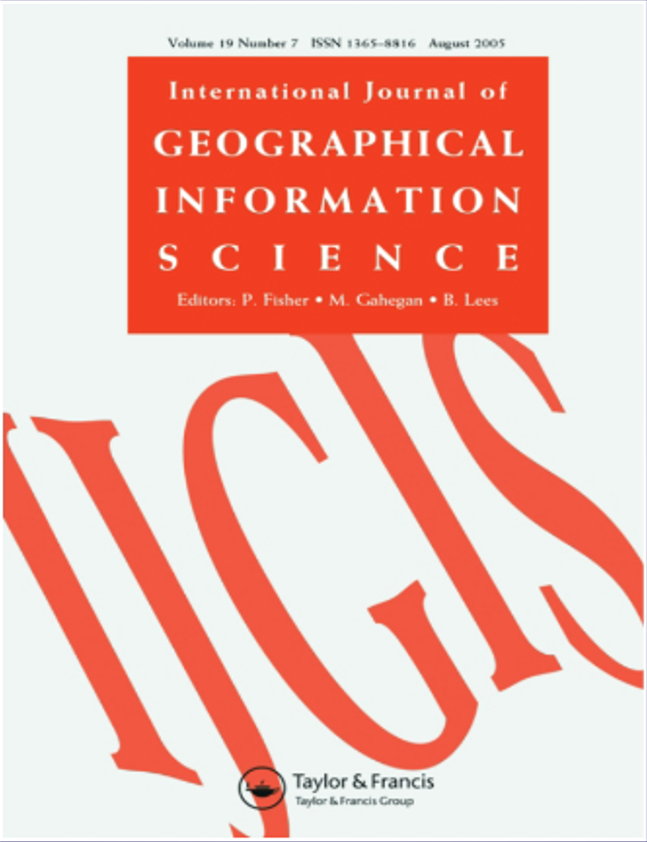In a new research led by PhD student Ryan Zhou, we examined the impacts of the 2021 Texas Winter storm on local communities in three stages and impact disparities. Winter Storm Uri slammed Texas between February 13–17, 2021 and caused widespread power outages. Understanding the impacts of this catastrophic event on local communities has important meaning. In this study, we examine the impacts of this winter storm and its impact disparities on different population groups over three stages of this disaster: the initial-hit stage, power-outage stage, and recovery stage. The study focuses on Harris County, Texas which was severely affected by the winter storm. We leverage home-dwelling time information from anonymized mobile phone location data to study the constrained mobility of people due to the winter storm as a way to quantify its impacts on local communities. Considering that mobile phone location data may be affected by the power outages, we further integrate nighttime light (NTL) images into our analyses to assess disaster impacts during the power-outage stage, and use home-dwelling time to assess the impacts during the other two stages (i.e., the initial-hit stage and recovery stage). The results reveal disparate impacts of this winter storm on local communities in the three stages of this disaster. We also find impact disparities on population groups with different socioeconomic and demographic backgrounds, especially during the initial-hit stage. These results help us better understand the impacts of this catastrophic event, and could inform future response and mitigation efforts in identifying vulnerable communities, allocating resources, and curtailing negative impacts of similar disasters.
More information about this article is at: Ryan Zhenqi Zhou, Yingjie Hu, Lei Zou, Heng Cai, and Bing Zhou. (2024): Understanding the disparate impacts of the 2021 Texas winter storm and power outages through mobile phone location data and nighttime light images. International Journal of Disaster Risk Reduction, 104339. [PDF]
